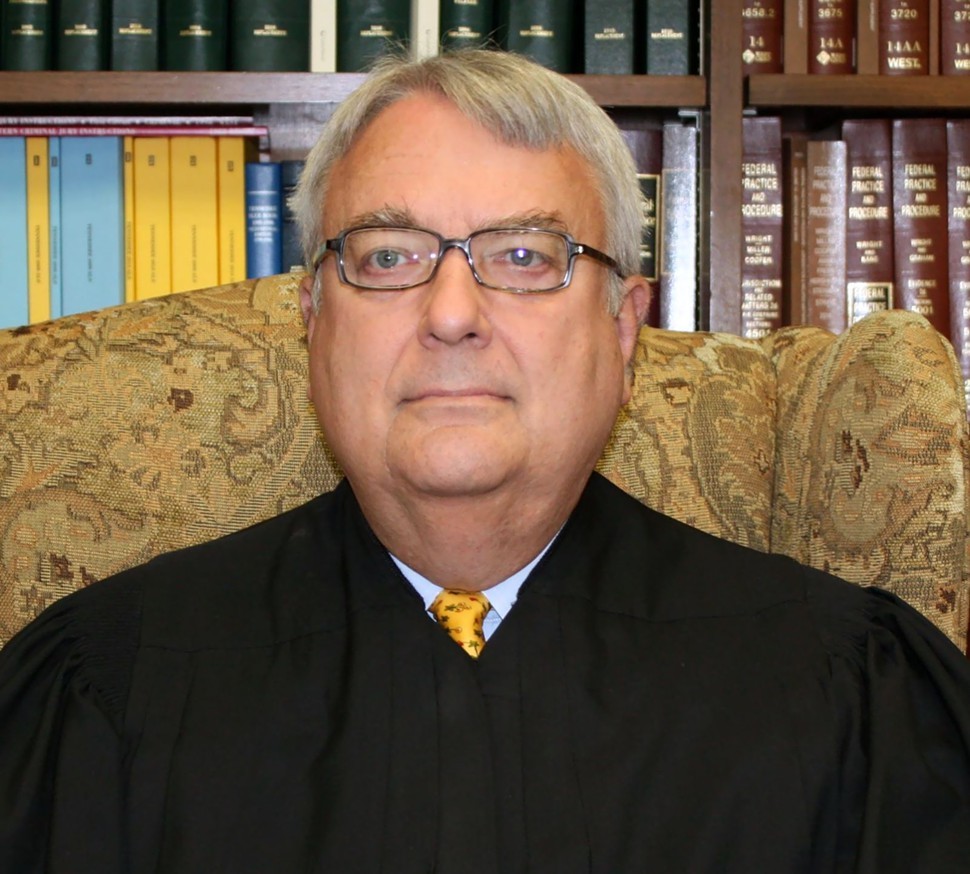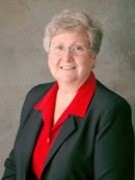Those who imagined that the long-broiling municipal-school controversy had simmered down or even been put to rest as of the current academic year need only look at the ongoing Germantown mayoral race to be disabused of that notion.
Both of the candidates to succeed the retiring Sharon Goldsworthy as mayor — current alderman and Vice Mayor Mike Palazzolo and longtime former city administrator George Brogdon — are on record as favoring the city’s new municipal school system gaining control of two Germantown “flagship” schools — Germantown Elementary and Germantown Middle schools — that are now under the jurisdiction of Shelby County Schools.
And Brogdon, whose insistence on the point seems to be driving the debate, would add Germantown High School to the reclaim list. As Brogdon put it last week at the Southwind Players Club facility during a joint appearance with Palazzolo at a meeting of the Germantown Rotary Club, “If I am elected, from the first day, I will be trying to reclaim the ‘three Gs.’ I am not going to accept no for an answer.”
Brogdon, whose most recent position before his retirement earlier this year was that of community services director, said that, when people in Germantown cast two consecutive votes in favor of a municipal school system, “we thought we were going to get all of our schools.”
But the three schools bearing the city’s name, all located in the western, older portion of Germantown, were absorbed by Shelby County Schools (SCS) in last year’s final settlement between a revamped SCS system (now essentially administering the areas of Memphis and unincorporated Shelby County) and the six new suburban municipal school systems.
The premise of SCS control was that a majority of students at Germantown High School and Germantown Middle School were from unincorporated areas of the county. Germantown Elementary contained a majority of Germantown students but is part of the same complex as the other two, geographically.
Citing overcrowding at school facilities elsewhere in Germantown, Brogdon said that, unless Germantown Elementary and Germantown Middle School could be reclaimed, it would be necessary for the city to spend some $30 million to build a new school facility on the city’s north side.
While not stressing the issue to the same degree, Palazzolo agreed on the desirability of negotiating with Shelby County Schools on the matter of the namesake elementary and middle schools. And he called for the city to conduct “needs assessment” research on future capital investment programs.
The two candidates would differ significantly in their views of Germantown’s current economic situation — with Palazzolo seeing a climate of ongoing expansion and Brogdon expressing concern over what he said was a high-vacancy rate in shopping facilities.
Futher joint appearances of Palazzolo and Brogdon are expected between now and voting, which terminates on November 4th.
• Before Monday’s meeting of the Shelby County Commission, reporters — and at least one commissioner — had jested that the new version of the commission might be controversy-free and therefore on the dull side.
Wrong. To judge by Monday’s meeting, the 2014-15 commission might be even more gridlocked than the previous one, which bickered more or less constantly and remained mired in disagreement.
By two identical votes of seven to five (Republican Commissioner George Chism was absent), the commission refused to approve the appointments to committees, boards, and commissions made by Justin Ford, the Democrat who was elected commission chair at the previous meeting.
Commissioner Walter Bailey, the body’s longest serving Democrat, asked that the two resolutions containing the appointments be removed from the consent agenda, which is where items requiring no debate are filed, and placed on the regular agenda.
When it came time for debate, Bailey said he had “policy” concerns and moved to refer the two appointment items back to the commission’s general government committee. Germantown Republican Mark Billingsley quickly objected.
“It’s time to move past the past. Let’s start leading together,” Billingsley said. When it came time for the first vote, however, Bailey was joined by five of the other six Democrats, and was supported by Republican Steve Basar, as well. Chairman Ford was the lone Democrat to vote against Bailey’s motion. That was no surprise, given the fact that it was his own appointments that were being challenged.
The second vote turned out similarly, with Basar joining six Democrats in favor of referring the appointments issue back to committee. An obviously exasperated Billingsley was prompted to say, “If this is going to be an extended bickering session, shame on us. It’s time to get on with the work of Shelby County.”
Asked after the meeting to elaborate on his position, Bailey would say only that “we were concerned about how he [Ford] got elected, with the support of the most conservative members of the commission.” Other than reiterating variations of that sentiment and expressing a desire to reconsider Ford’s appointments in committee, Bailey offered no insight into how he and those who voted with him, including several new members, might proceed.
For his part, Basar met with reporters briefly after the meeting but declined to offer explanations for his votes. He would elaborate further on Tuesday, however, posing the issue as one of distrust of Ford and predicting that subsequent commission meetings might lead to a change in the body’s rules or a vote of no confidence in Ford or even to an effort to abrogate the original vote naming Ford chairman.
In her own post-mortem, GOP member Heidi Shafer vetted a theory of sorts. “Isn’t it funny that the two members who wanted to be chairman but failed to get it are trying to block the appointments of the member who did get it?”
Indeed, in the new commission’s organizational vote two weeks ago, both Bailey and Basar had been contenders, along with Ford and Republican Terry Roland of Millington. Bailey had the support of a Democratic bloc and, on the commissioners’ second ballot, had come within a vote of the seven votes needed to become chair.
Basar had served as vice chair (aka chairman pro tem) in the previous commission, an office that by tradition used to be a ritual stepping stone to the chairmanship but which in recent years has largely ceased to be. Though a Republican, he had managed to garner only one vote from a fellow GOP member, that of Chism, who was absent Monday.
Roland would observe that it seemed to have become a commission tradition for “a wild Republican” to desert the party line, noting that former GOP members Mike Carpenter and Mike Ritz had successively occupied that status in recent years. Both would come to be called RINOs [for “Republicans In Name Only”] by their commission party-mates.
Addressing the point on Tuesday, Basar said that Roland had shaken a fist at him after the vote and told him, “You’re dead in the Republican Party.” But, said Basar, “If Heidi Shafer, who nominated Ford for chairman, could call it a bipartisan act when he got elected by six Republicans and one Democrat, himself, why is it not bipartisan if I happened to join with six Democrats in a referral vote?”
In any case, a newly elected commission whose members — freshmen and veterans alike — had seemed on an amicable footing the few prior times they had met, had managed to achieve gridlock in record time, much faster than had the overtly cantankerous and divided commission that had preceded them.
Shafer said the chairman’s appointments could be referred back to committee a maximum of two times, and she suggested that Ford could make interim appointments of “acting” committee chairs and members if no agreement could be reached.


